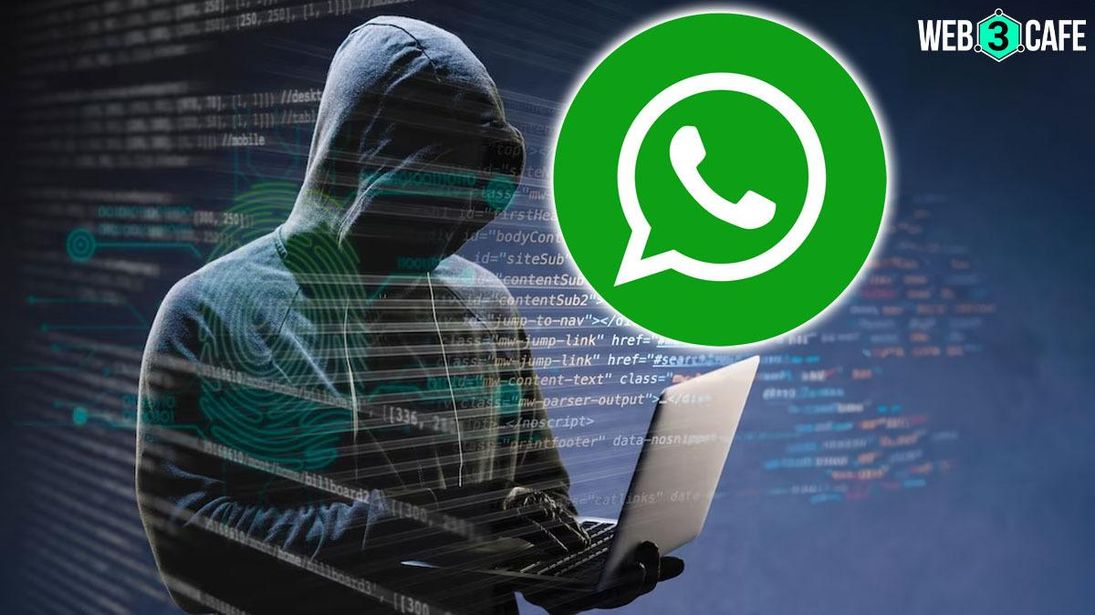Government requests WhatsApp to share user data to combat deepfakes, latter expresses privacy concerns
The Indian government is considering applying a rule that would require WhatsApp to reveal the identity of the original message sender prior to the Lok Sabha elections in 2024
 emerging tech
emerging tech
Highlights
- Whatsapp is grappling with a new challenge as the government looks to combat the spread of deepfake videos or images
- The Indian government is exploring the option of invoking a law that would compel WhatsApp to reveal the details
- WhatsApp finds itself at a crossroads, navigating the complexities of privacy and the urgent need to combat the spread of deepfake content
WhatsApp, the well-known messaging app, is facing new challenges as the government seeks to tackle the spread of deepfake videos, especially during election seasons like the upcoming Lok Sabha elections in 2024.
In a bid to curb the circulation of deepfake videos and spam messages, the Indian government is considering invoking a law that would require WhatsApp to disclose details about the original sender of messages. The idea is to identify the source of potentially harmful content, particularly deepfake videos, which can pose a significant threat to the integrity of elections.
However, WhatsApp, owned by Meta, argues that complying with this demand would compromise user privacy. The platform is known for its end-to-end encryption, which means even WhatsApp itself cannot access the content of private conversations between users. Sharing information about the first sender would undermine this crucial privacy feature, according to the company.
The deepfake dilemma
The Indian government's request stems from concerns about the spread of deepfake videos, particularly those involving politicians from various political parties. Deepfakes are manipulated videos that use artificial intelligence to create convincing yet entirely false content. These deceptive videos can harm the credibility and fairness of elections.
Past legal challenges
This isn't the first time WhatsApp has faced government pressure related to privacy and content sharing. In 2021, WhatsApp and its parent company, Facebook, challenged a provision in the Delhi High Court, arguing that such disclosures could lead to mass surveillance and threaten users' privacy.
Protecting user IP addresses
Amid these challenges, WhatsApp is also working on enhancing user privacy with a new feature. The company is considering allowing users to hide their IP addresses during calls, offering protection against malicious threats. While this feature is currently in beta testing for select android and iOS users, WhatsApp has plans to make it available to all users in the near future.
The road ahead
As the battle against deepfakes on WhatsApp continues, the platform faces a tough choice between privacy and combating the spread of deceptive content. While user privacy is a significant concern, the government seeks to protect the integrity of elections and prevent the harm caused by manipulated videos. The exact outcome of this conflict remains uncertain, but it highlights the ongoing struggle to strike a balance between security and privacy in the digital age.


COMMENTS 0